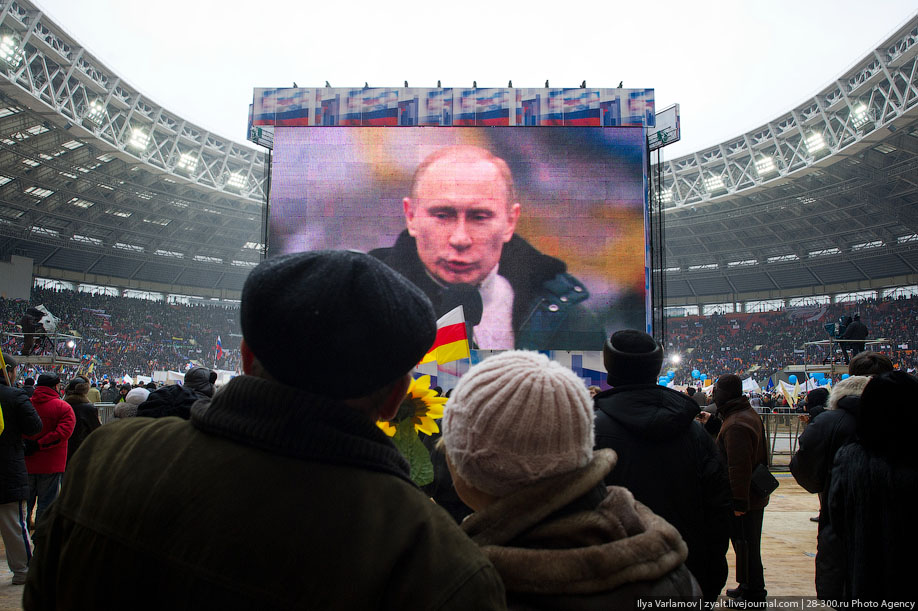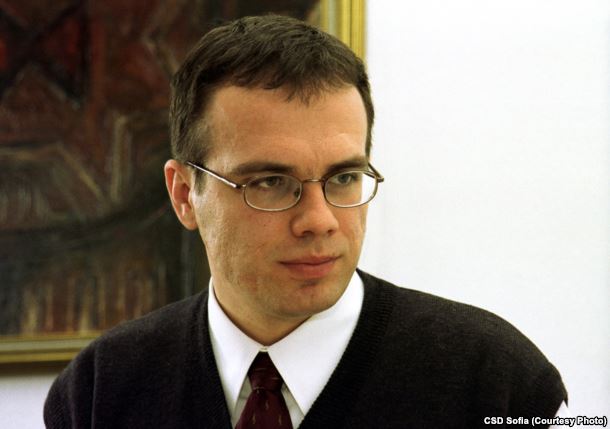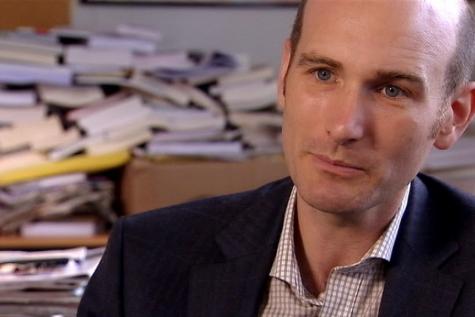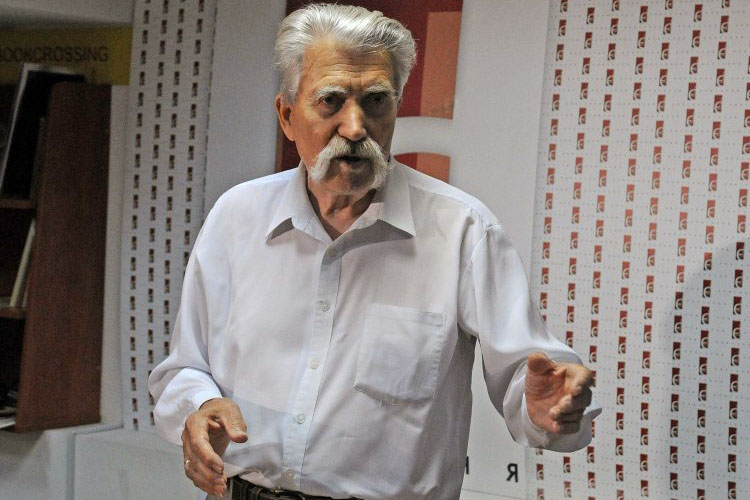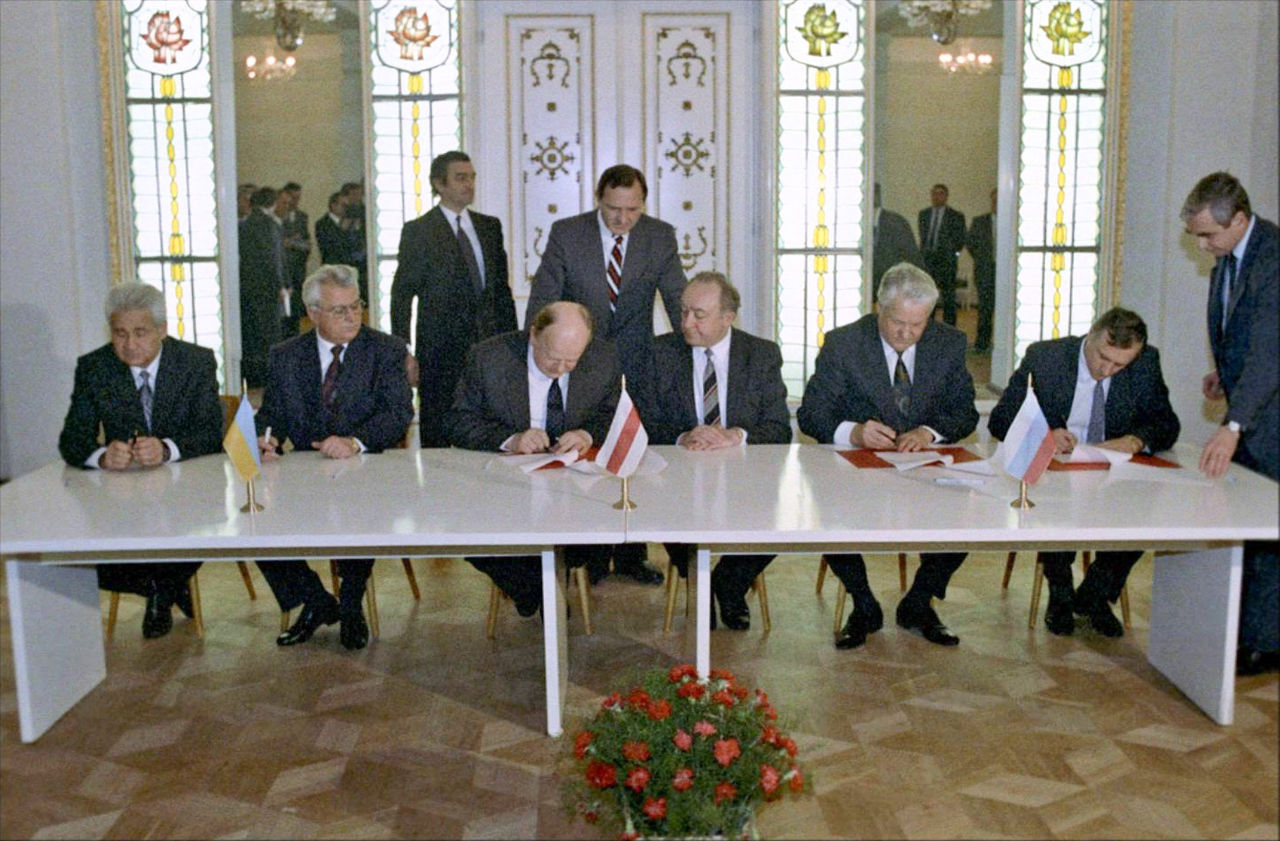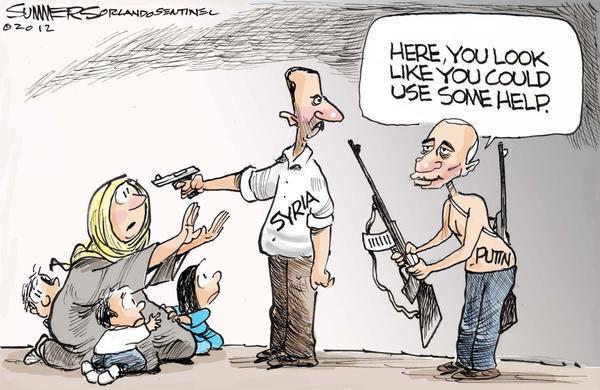Russia under Vladimir Putin is far more dangerous to the West than the Soviet Union ever was, two Russian analysts argue; and the West--for the moment at least--is far less capable of dealing with the challenges and threats the Kremlin leader now poses, according to a third.
The two analysts who suggest that Putin’s Russia is a greater threat both draw on the work of Western analysts: Radio Liberty’s Yaroslav Shimov on Bulgarian scholar Ruslan Stefanov and Svobodnaya Pressa’s Pavel Shepilin on French author Nicolas Hénin.
Stefanov, the director of the Sofia Center for the Study of Democracy, is one of the co-authors of the CSIS study, “The Kremlin Playbook” which examined Moscow’s new approach to the countries of the former Soviet bloc. But the Bulgarian scholar extends his conclusions to the West more generally.
He suggests that because the Kremlin is prepared to use money far more freely than the Soviet Union ever did, it can acquire positions of power in many countries both among those who are prepared to sell to it or who hope for economic advantages in trade with Russia, something the USSR could not do as well.
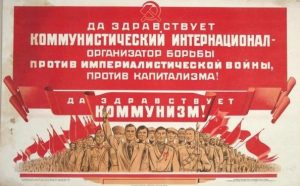
And he adds that because the current Kremlin is less interested in promoting a single ideological agenda than was the USSR, it can build ties to groups that in the past would have opposed Moscow and can achieve its goals by promoting nationalism in particular countries and chaos internationally rather than seeking to expand its bloc as such.
French journalist Nicolas Hénin in Shepilin’s telling completely agrees. He points out that Russia now has “a multitude of levers of influence” and is far more skillful in forming public opinion both at home and especially abroad.
Soviet operatives could never be that flexible and dexterous or that generous in the use of funds.
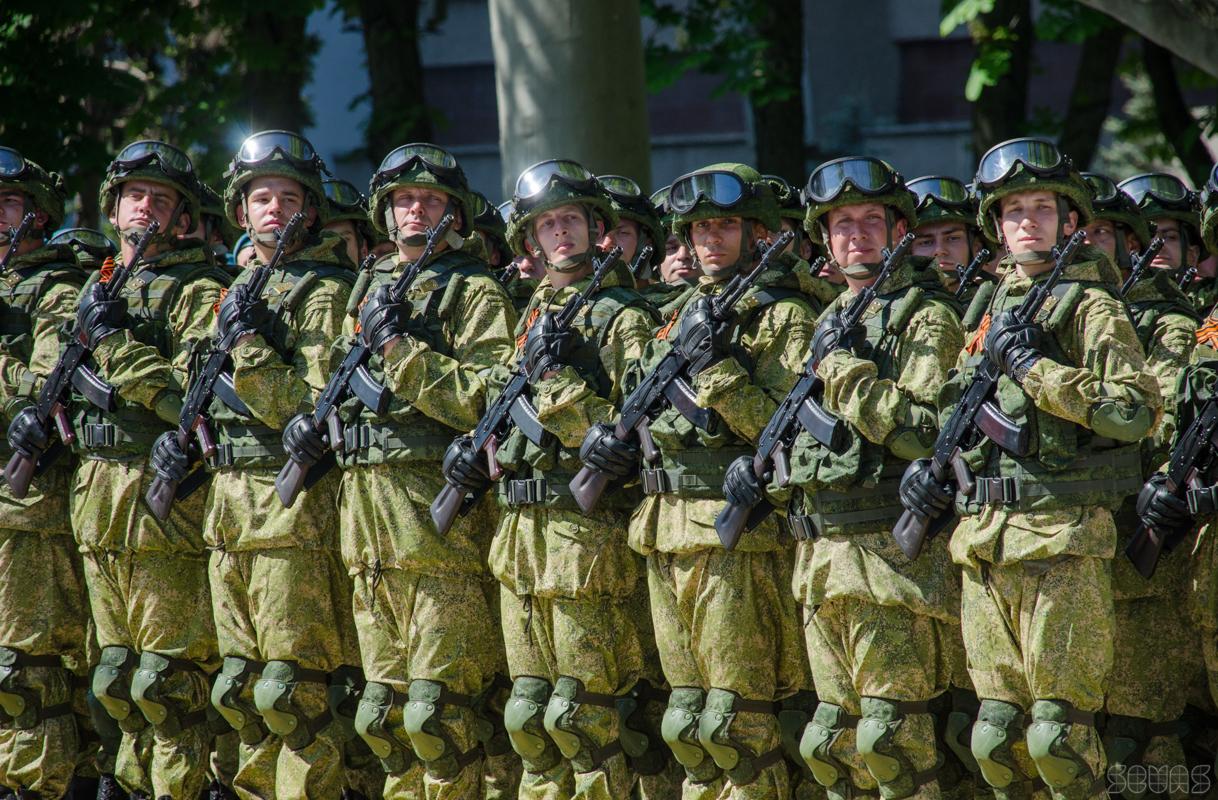
According to the French journalist, Moscow doesn’t care whether it has to use money or propaganda to achieve its ends, and it is exploiting the rise of angry anti-globalist forces within various countries to break down the West as an entity and thus increase Russia’s relative position and power.
Across the West, Henin argues, many in the population think they have been sold out by trans-national elites; and Moscow under Putin is playing up those fears in order to displace existing governments and undermine the European Union and other international organizations. When you win by supporting chaos, this is a good strategy, at least for a time.
Putin’s success, however, is likely to be temporary, Lilia Shevtsova says, because it reflects not his strength but the current demoralization of the West. And history shows the West can come back, especially when as now it is presented with a challenge. In short, Putin may be laying the groundwork for his ultimate defeat.
Twice in the last century, the West was in a similar position, at the end of the 1920s and then again in the 1970s, but in both cases, the Moscow-based Chatham House analyst argues, “the existence of an opponent in the form of the Soviet Union forced the West to bring itself up to snuff.”
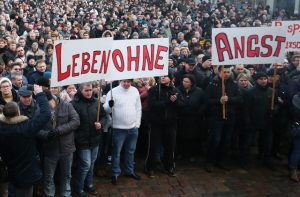
After the disintegration of the USSR, the West lost this external stimulus, and “liberal democracy began to lose its drive.” But Putin’s recent actions have begun to help the West recover. After trying the soft approach of sanctions, the West has recognized that it has to use hard power as well to contain Moscow.
In the short term, NATO’s response has allowed the Kremlin to generate a certain “military patriotism” at home, Shevtsova says; but that will not last. And in the end the Kremlin leader will discover that he has already “given the push for the consolidation of new political forces in the West.”
The old Western elites who thought that what happened in 1991 was forever will either have to change their views or be replaced by others who recognize that the new reality is going to be very different than what many had imagined or at least hoped for. And Western countries will be forced to recall their currently forgotten principles – and to act upon them as in the past.
Related:
- Russian Aggression: Global Problem | Infographics
- Is Russia planning "a new Donbas" in the Balkans?
- Russia's nuclear threats and spy games
- Russia is losing the 'real' World War 3, Varlamov says
- Putin's propagandists complicit in his crimes, Eidman says
- Trump's Orwellian "rigged" campaign is straight out of Putin's propaganda playbook
- Ukraine, Syria, and Putin
- Anti-Americanism is 'cult of Putin's Russia' with all the consequences thereof, Pastukhov says

